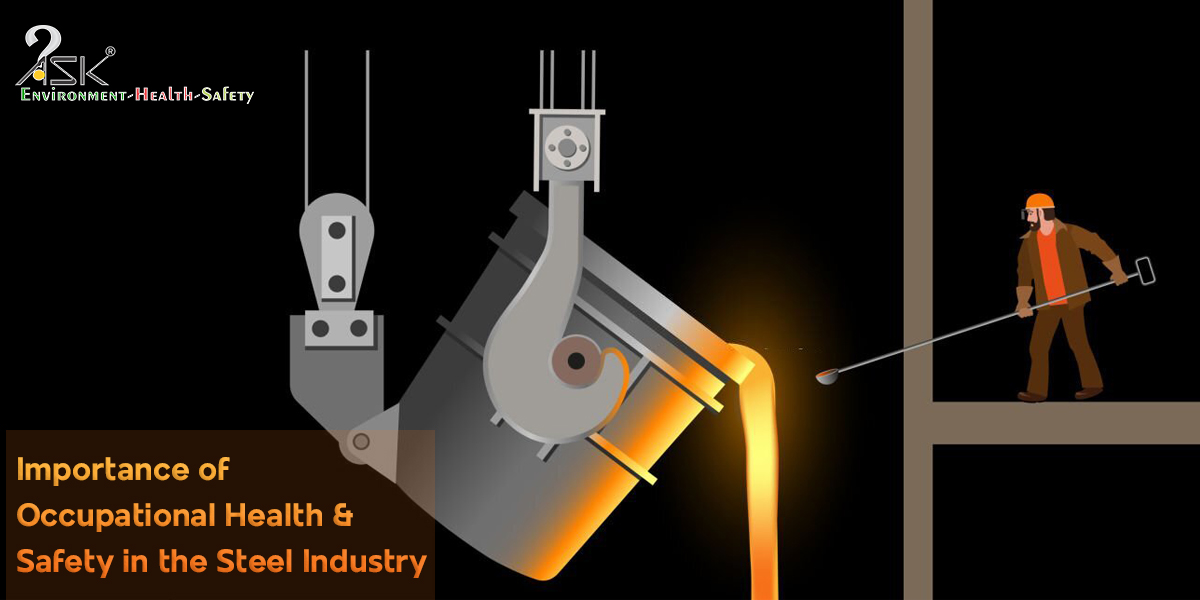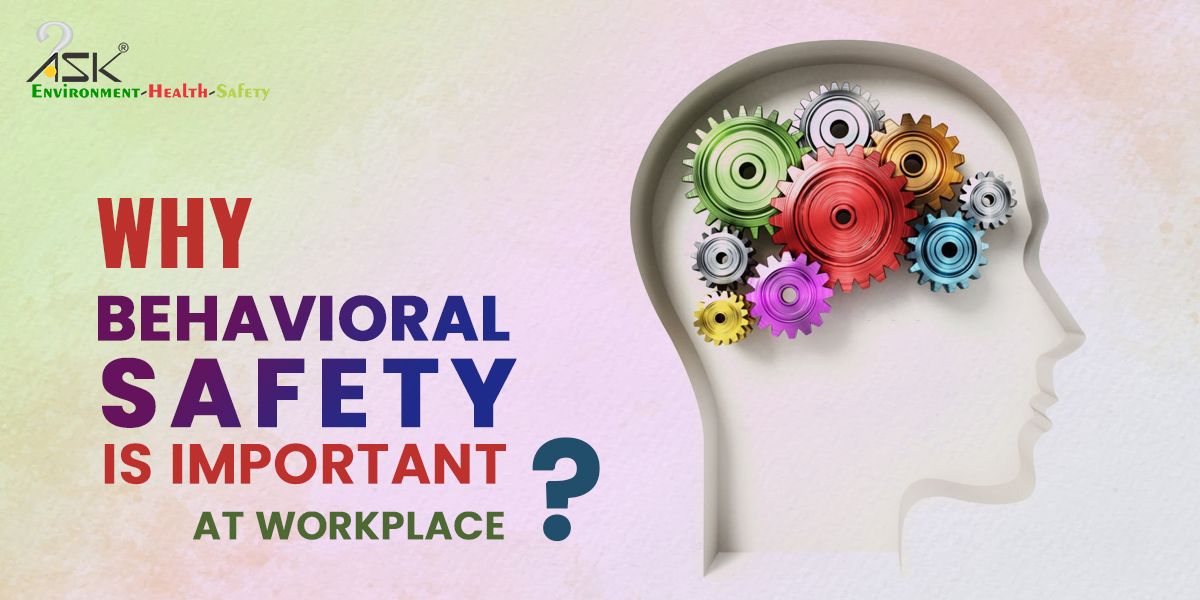Understand importance of EHS trainings for workplace safety

There hardly lies any difference between training and learning. If we talk about a learning environment, it is a typical classroom setup where experienced and expert trainers deliver lectures to a group of employees – and here, sometimes, trainers conduct group discussions with the participants, he answers questions and conducts validation tests. EHS trainings need to be conducted for all the employees and especially in case of trade-specific specialized trainings need to be conducted for certain groups of employees on their job functions. Such trainings are mandatory for every industry. EHS Trainings help an employee to close the skill gap.
As per factory act section 111A, an organization has a legal obligation to train workers on their safety and wellbeing while workers are involved in execution work. Organisations need to arrange regular training programmes to certify and validate workmen that they have been trained in their trade-specific subject safety. Effective training of employees improves a worker’s morale, productivity at the work place and increases the retention of the skilled manpower.

During the training sessions, all the employees learn about general safety policies and procedures. Learning and complying with the regulatory rules becomes an essential and important aspect of an integrated EHS management system. EHS Training for employees produces professionals with a unique and diversified type of knowledge, skill and information- they become capable to meet the challenges of the complex and hazardous nature of industries. Trade specific and structured trainings enhance safety performance and quality of the industrial manpower in the field of EHS Management System. Quality, Professionalism and Competence are the practical needs of the hour for EHS Management. To provide systematic and job-oriented training is a painstaking and a skilful task and requires expertise, good infrastructure and resources.
Effective coaching is interactive.
- A trainer discusses direct observation of the behaviour of participants or some specific facts.
- A trainer has openness; he should not rush to any judgment or criticism.
- A trainer maintains collaborative communication with the participants.
- A trainer questions frequently and determines the problem – sees to it whether an employee understands or not.
- A trainer listens and shows that an employee has correctly understood the subject matter or not.
- A trainer provides affirmation of the employee’s feelings and their point of view
- A trainer provides clarification and helps to identify the true nature of the problem
- A trainer uses collaborative problem-solving techniques
- A trainer motivates the participants to learn the subjects.
- A trainer does recognise the improvements and appreciates the participants during trainings.
- A trainer responds to a particular situation and individual.
- A trainer tries to praise participants, does correction, encourages and becomes helpful.
- A trainer optimizes the advantage of personal attention.
- A trainer takes specific care about the person and about the details of how work is done.
- A trainer doesn’t describe or lecture, but explains, exhibit with examples and case study.
- A trainer ensures that participants understand by questioning and requesting the employee to demonstrate back.
Effective coaching is mandatory and important for all employees and contractor manpower for effective HSE Management System through training programs. Training modules that are prepared are tailor-made to suit to the needs of the organization and different learning preferences of the employees. The purpose of training remains to focus on the task or problem to solve them with collaboration with participants.

On completion of training program, a trainer recaps the EHS training session by asking for question and answering final questions. In addition to regular training programs, it is now vital to conduct refresher trainings periodically to update to the new rules and new technologies.
Nowadays online training programs on EHS learning management solutions are typically being conducted for the employees. And this covers video presentations, multiple choice quizzes, interactive games, role-play activities, and more.



This post was extremely fascinating. Thank you for your time to have put these things together on this weblog. You have defined very clearly the importance of a job oriented training program to get desired knowledge in a field. Such programs are really very helpful for trainees to get the best understanding of the working methodology.